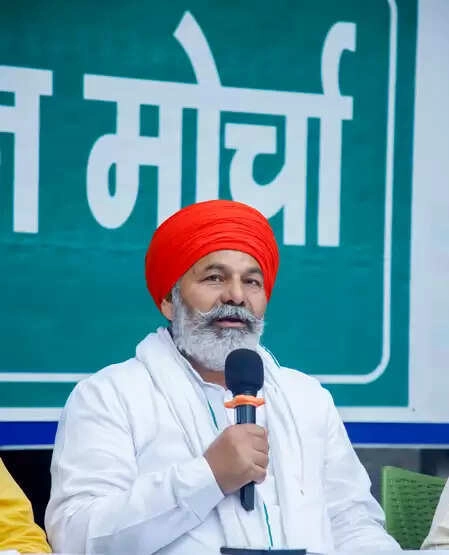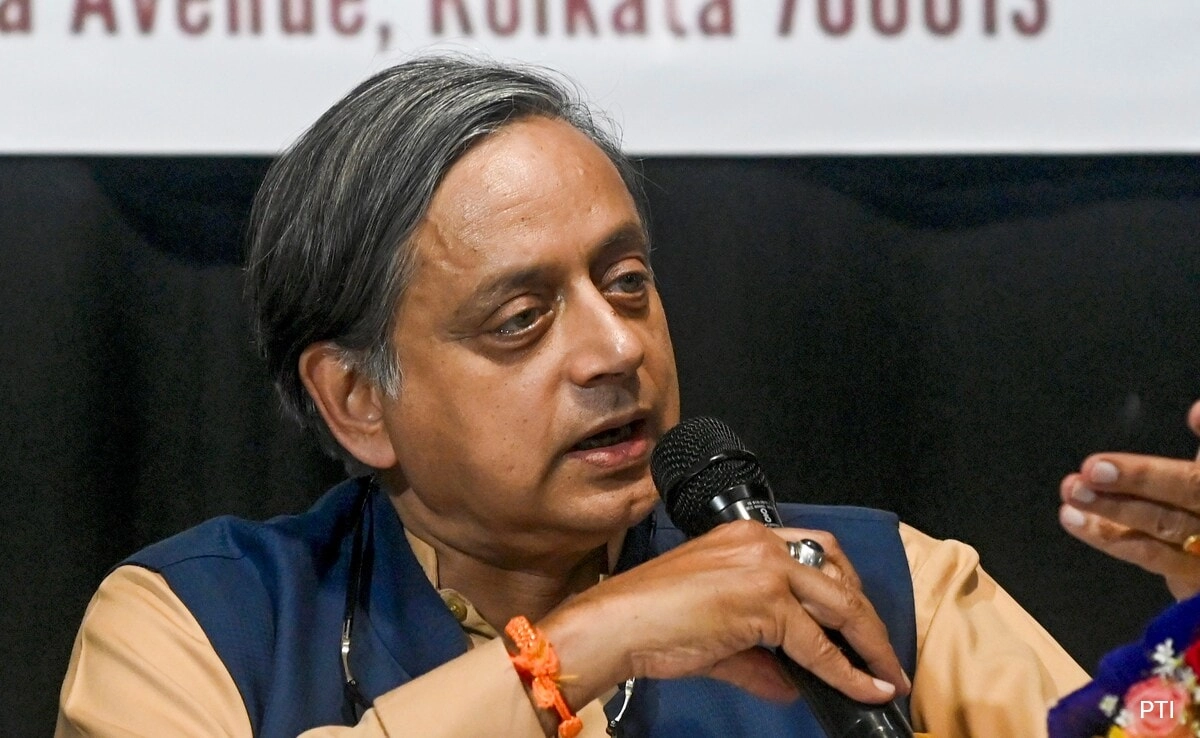In a significant development related to the Dharmasthala mass burial case, an activist from Karnataka has been arrested following remarks made against a prominent BJP leader. The case, which has garnered widespread attention, revolves around the discovery of mass graves in the Dharmasthala region, raising serious questions about human rights, accountability, and the political dynamics in the area. The activist’s comments, perceived as inflammatory by authorities, highlight the growing tensions between civil society and political figures, especially in the context of sensitive issues such as mass burials and the treatment of marginalized communities.
The arrest has sparked a wave of reactions across social media platforms and among various activist groups, many of whom view the move as an infringement on free speech and an attempt to silence dissent. Supporters of the activist argue that the remarks were a form of legitimate critique aimed at holding leaders accountable for their actions and policies, particularly in relation to the handling of the mass burial case. This incident underscores a broader pattern of conflict between activists advocating for social justice and government authorities, raising alarms about the state of democracy and civil liberties in the region.
As the investigation into the mass burial case unfolds, the implications of this arrest may reverberate beyond Karnataka, potentially influencing public discourse on human rights and freedom of expression nationwide. Activists and civil rights organizations are calling for solidarity and raising awareness about the challenges faced by those who dare to speak out against perceived injustices. The situation remains fluid, with many closely monitoring the developments as they unfold, emphasizing the need for transparency and accountability in the ongoing investigation into the tragic events that led to the mass burials in Dharmasthala.
In conclusion, the arrest of the Karnataka activist serves as a stark reminder of the complex interplay between politics, activism, and human rights in contemporary India. As citizens grapple with the implications of this case, it is critical to ensure that voices advocating for justice and accountability are not stifled but rather encouraged, fostering a more open and democratic society where all individuals can freely express their concerns without fear of retribution.




